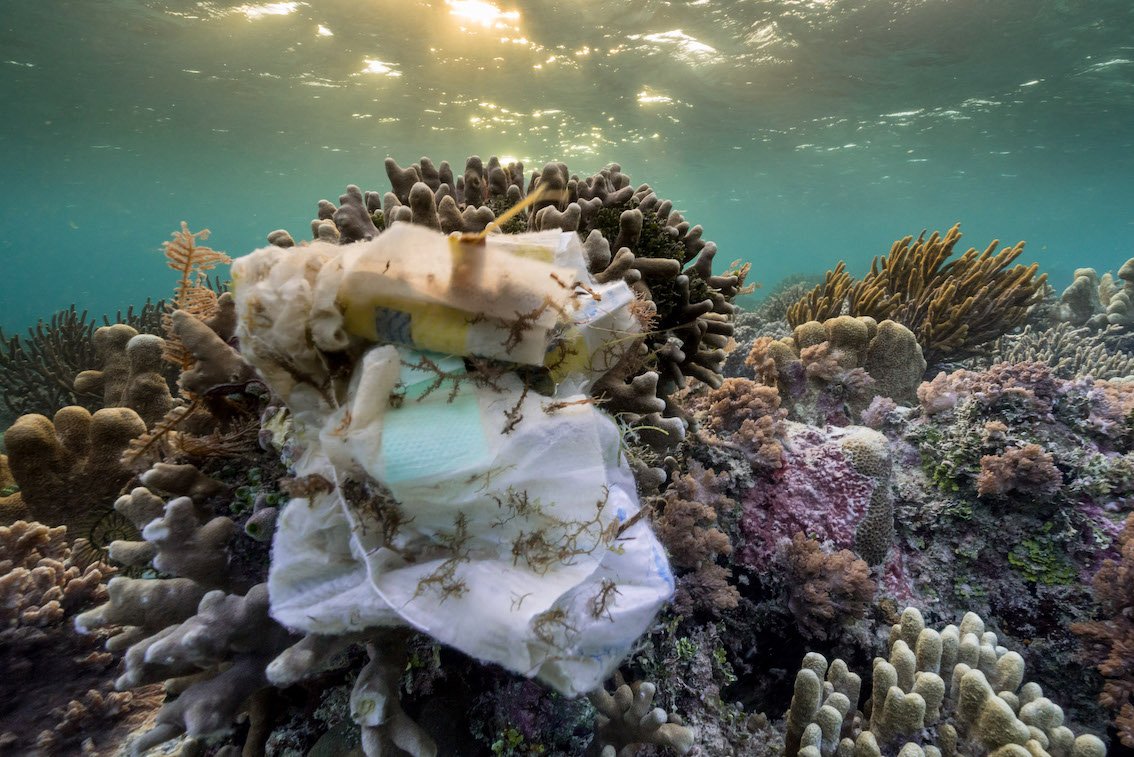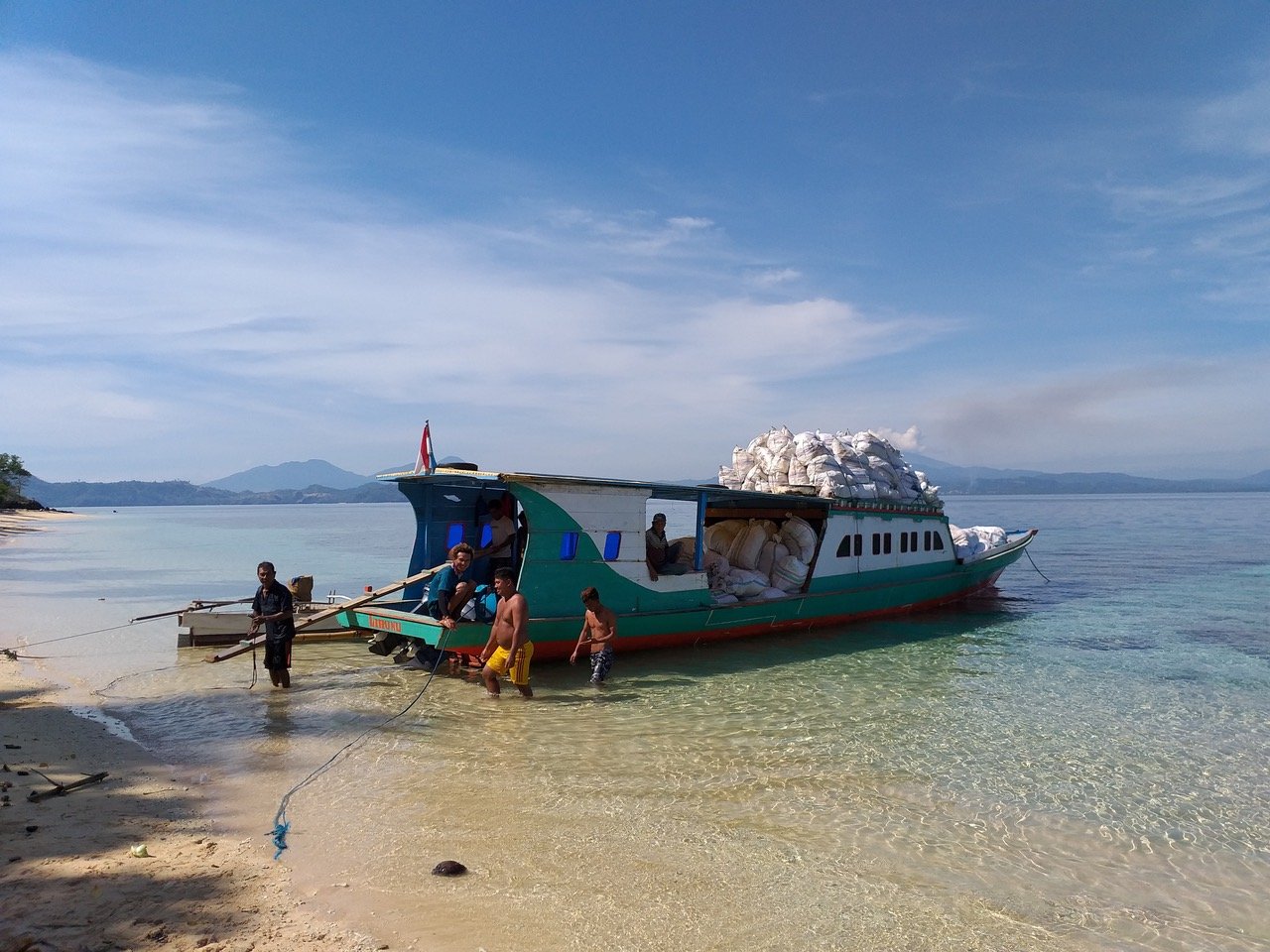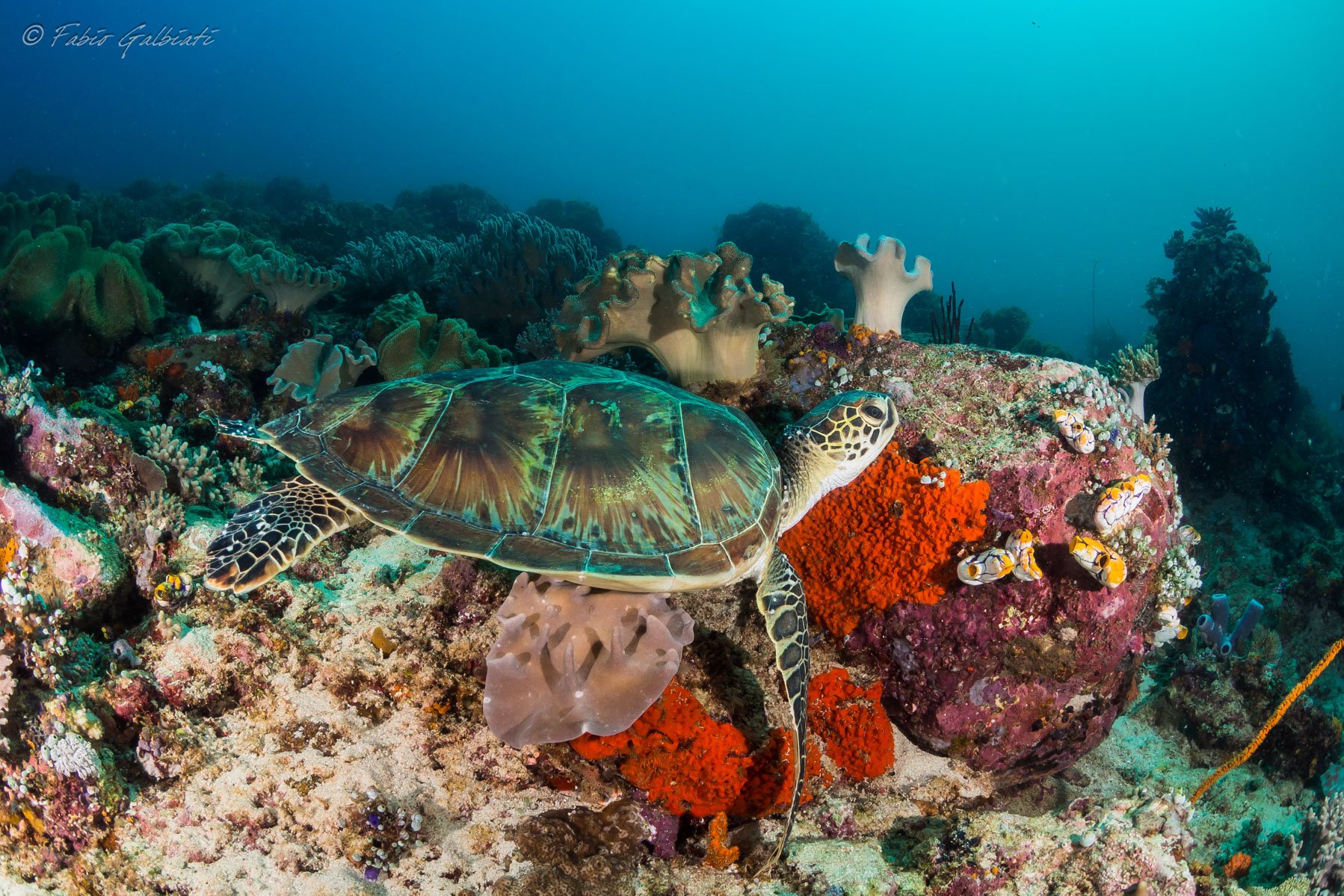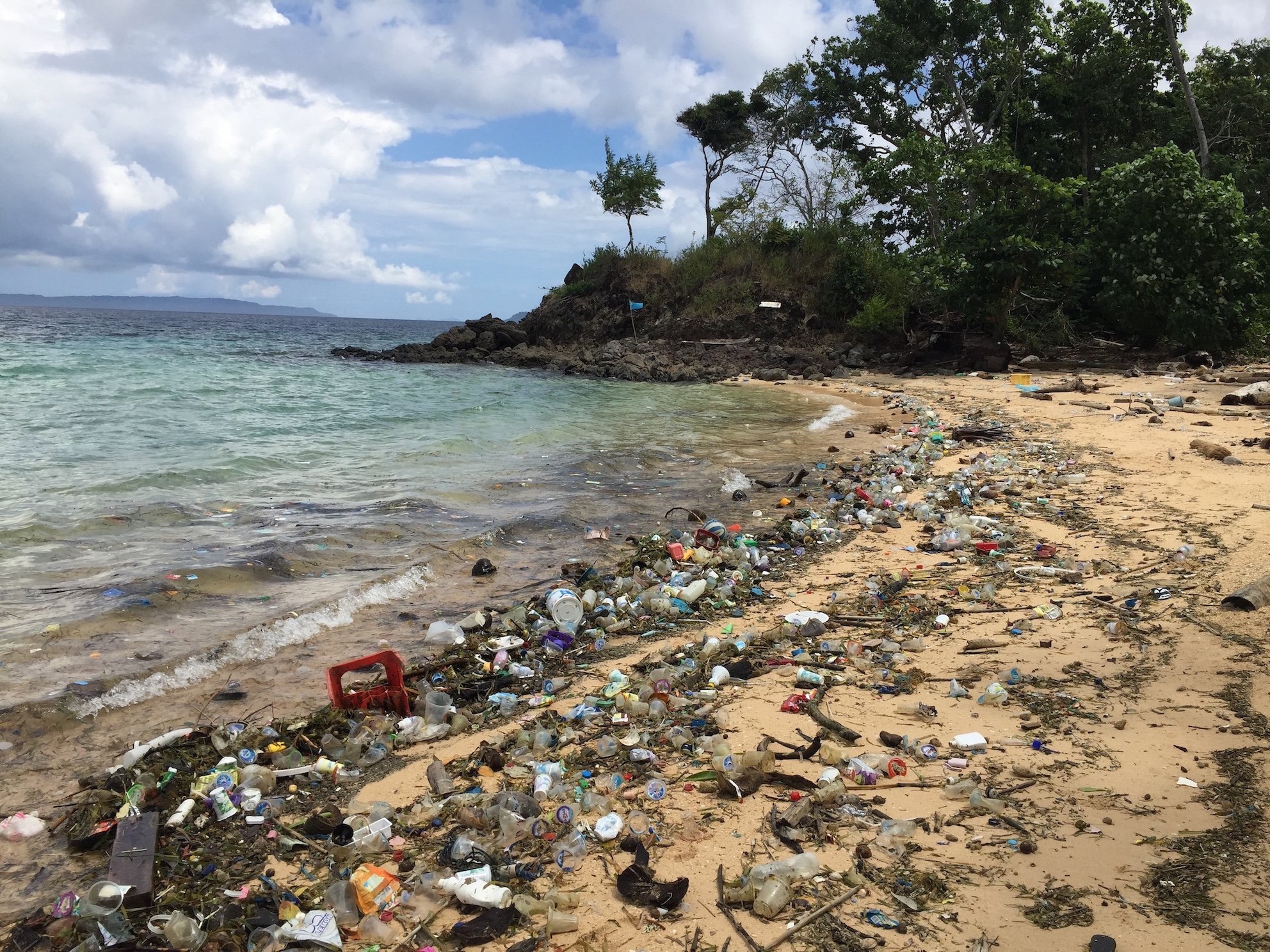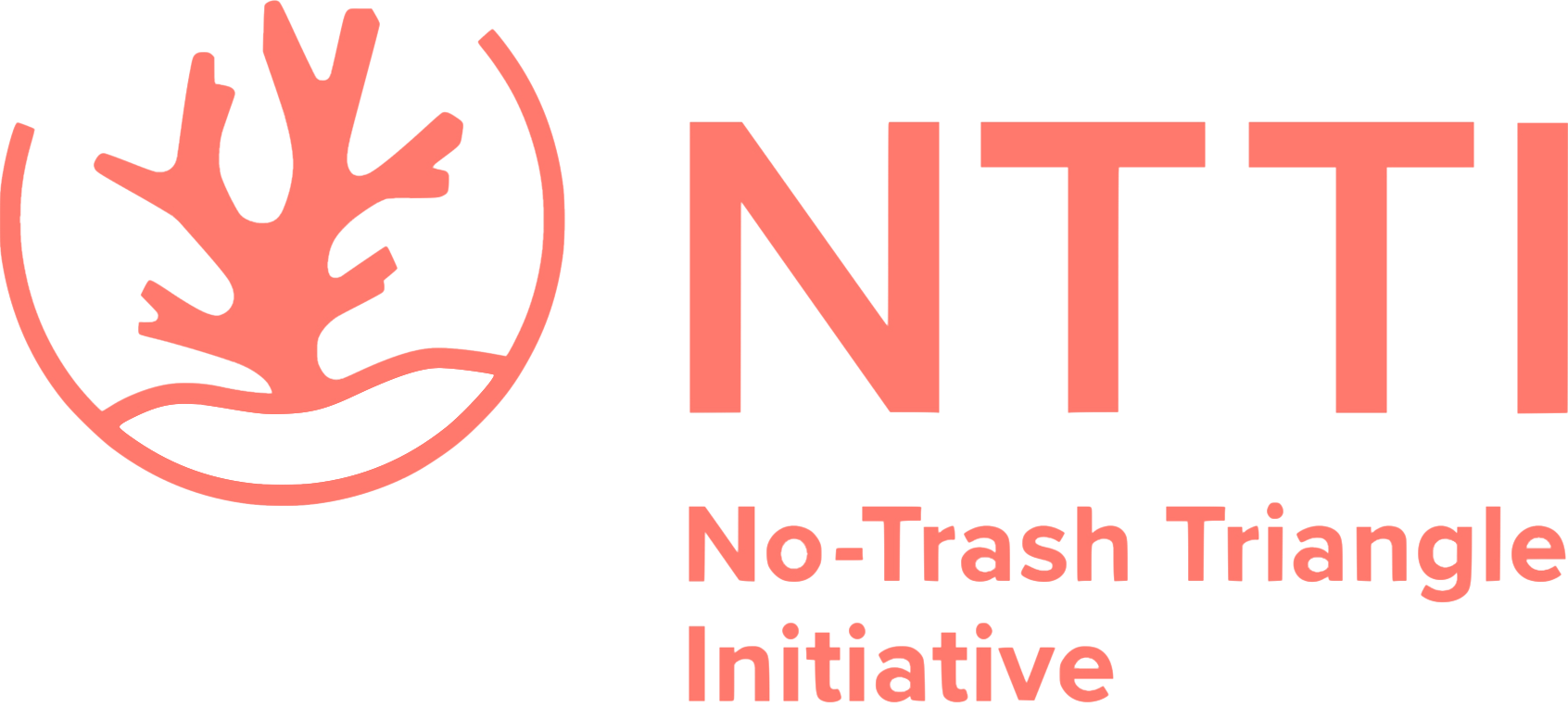Press Release: A lighthouse project for the Coral Triangle
A lighthouse project for the Coral Triangle: initiative rolls out plastic recovery model
Summary:
No-Trash Triangle Initiative, has partnered with CleanHub and Plastic Recovery: Land and Sea (PRLS) to expand their successful waste collection & recycling program across the North Sulawesi archipelago, right at the heart of the Coral Triangle
Their program aims to stop plastic pollution at its source by implementing a collection and recycling model on small island communities that have no waste management infrastructure.
By opening up innovative plastic recovery supply chains, the Initiative will increase the amount of collected plastic that can be further processed, creating new revenue streams which can then be invested back into the programme to establish a commercially viable solution.
Stakeholder engagement on measures to prevent single-use plastic waste and to optimize waste separation at source will be key to the project scale-up on the islands.
Details:
No-Trash Triangle Initiative, in partnership with CleanHub and Plastic Recovery: Land and Sea (PRLS) is pleased to announce the expansion of their successful waste management program across the North Sulawesi archipelago in Indonesia. Founded in 2017 on Bangka Island, the Initiative piloted an innovative waste collection and recycling model which aimed to prove that plastic pollution could be stopped at its source. Following a successful trial period, the Initiative has decided to partner with a number of organisations and tourist resorts across the region to scale the model and dramatically decrease the amount of plastic entering the seas of North Sulawesi.
The initiative started on Bangka Island which is located in the heart of the Coral Triangle - the most biodiverse of all ocean environments. This island, one of the top dive and snorkel destinations, is surrounded by colorful reefs teeming with marine life. However, as is the case on many small tropical islands, this exquisite environment is under threat due to ocean plastic and polluted water. Healthy coral reef cover has dropped by 14% globally in the past decade, and North Sulawesi luckily has been only little affected by coral bleaching events yet. Plastic plays a key role in the destruction of these habitats, blocking out oxygen and light, physically breaking these ancient communities of organisms, thus providing further stress to the ecosystem.
Urgent intervention is clearly needed. Part of the problem is that communities in the Coral Triangle lack sufficient waste management infrastructure. Very often, there is no alternative other than to burn or throw rubbish into the ocean. As the No-Trash Triangle Initiative expands their program, they will give local individuals and businesses the tools they need to manage plastic waste in a sustainable manner.
Working with Amelia Tungka of CV Daur Sinar Gemilang in Manado, the Initiative establishes a transportation and processing network which collects waste from various islands across the region, taking it to the North Sulawesi mainland where the recyclable waste fraction is either locally recycled or sent to Java for recycling. Money received for the recyclable plastic is then reinvested back into the network, paying for transportation and other costs, thereby creating a viable model for collection of the recyclable plastic waste.
Amelia Tungka says, “We’ve built a model that uses local networks and works with local communities to change behaviour and develop accountability. As a local business owner, I know how difficult it can be to properly manage plastic waste. The No-Trash Triangle Initiative wants to change this and make a real lasting difference.”
Previously, the non-recyclable waste fraction had to be sent to a public landfill in Manado. As the program is scaling up, the Initiative has decided to look at innovative waste treatments to further reduce the amount of plastic sent to landfill. Partnering with CleanHub means that low value plastic, traditionally defined has “non-recyclable” can be sent to a co-processing plant, converted into Alternative Fuels and Raw Materials (AFR). Used in cement production as an energy source, this is providing a greener solution for the cement industry itself and moreover avoiding the plastic to be burned in an open-air environment or to end up in the landfill. Switching plastic recovery from landfilling to waste-derived fuel is a very first step towards more circularity for low value plastics. As soon as capacities for chemical recycling of plastics scale up in Indonesia, the project partners plan to transition an increasing share of low value plastics to chemical recycling for the production of new materials. For all steps from plastic waste collection to recovery, CleanHub provides an app to ensure traceability of the recovery value chain.
As technical support, the No-Trash Triangle Initiative will make use of a handheld tool based on an optical sensor technology. The hardware and the app of this tool, developed by BASF subsidiary trinamiX, will enable the No-Trash Triangle Initiative to identify and sort plastic waste streams immediately onsite.
Using science and innovative technology and partnering with local businesses, communities and expert NGOs, the No-Trash Triangle Initiative will continue to roll this model out across the region.
Sources: 1. “Status of Coral Reefs of the World: 2020,” by ICRI, GCRMN, Australia Institute of Marine Science and UNEP; NOAA (sea-surface temperature data)
